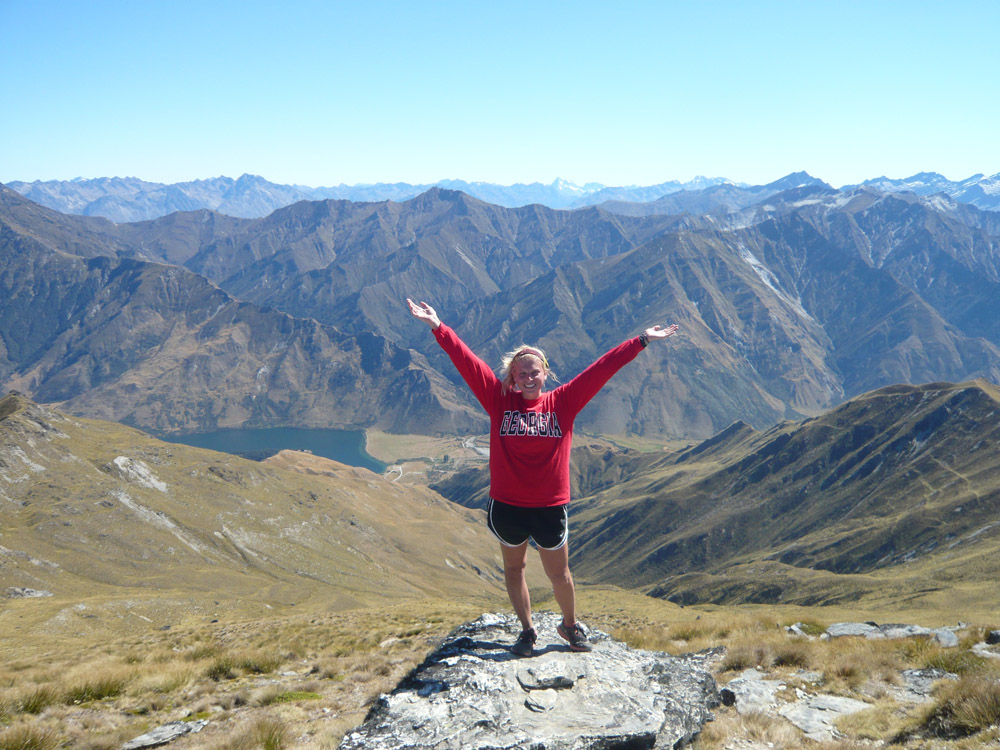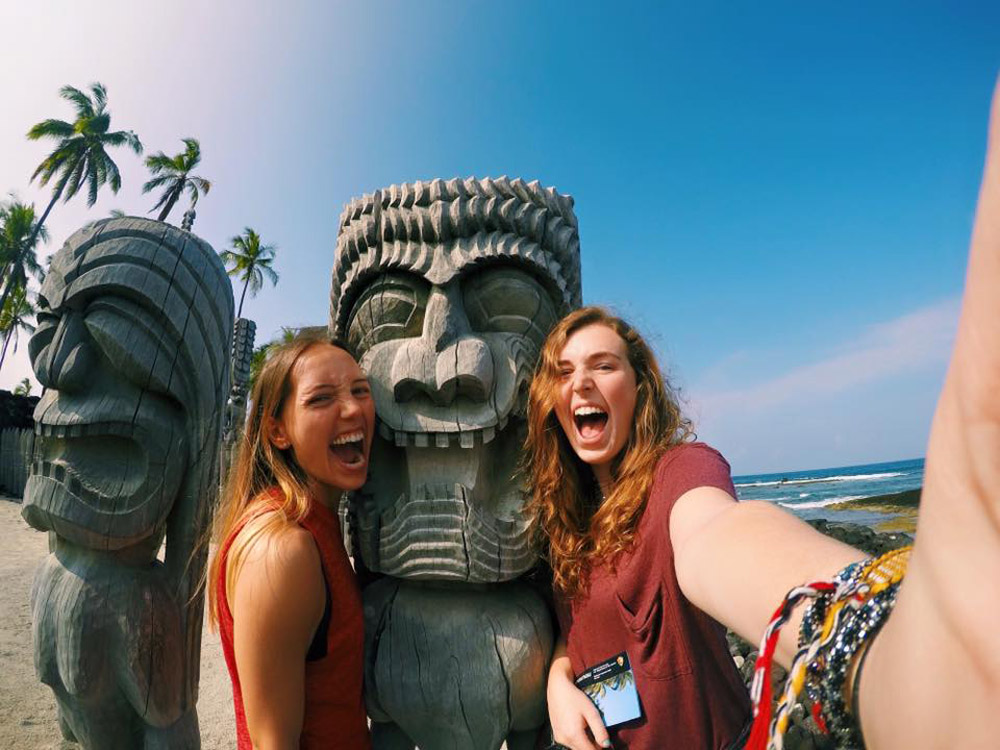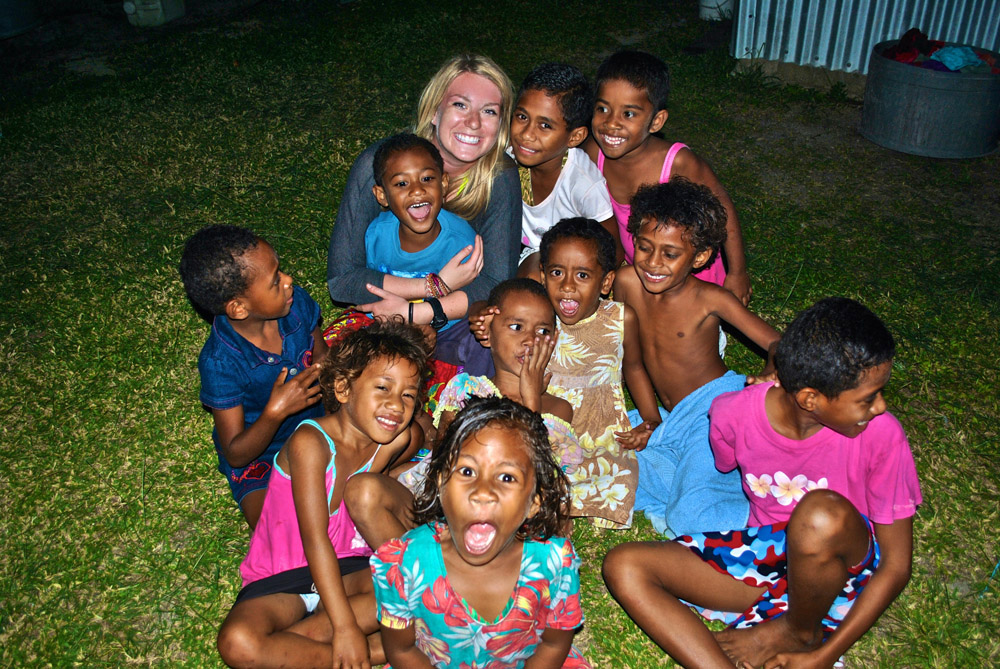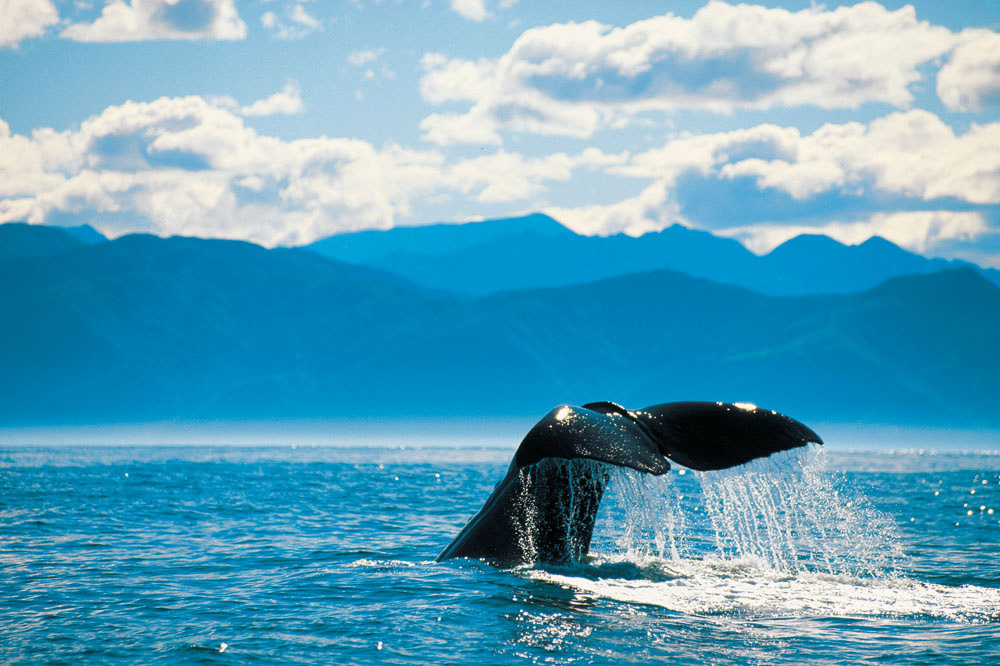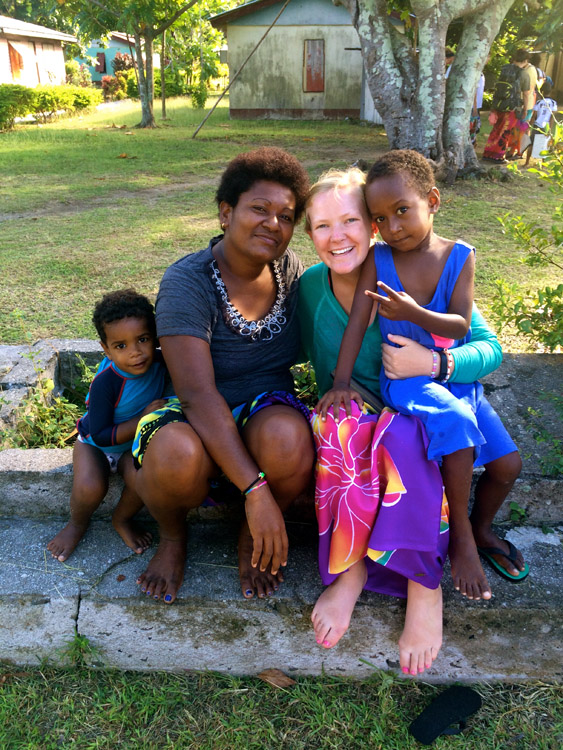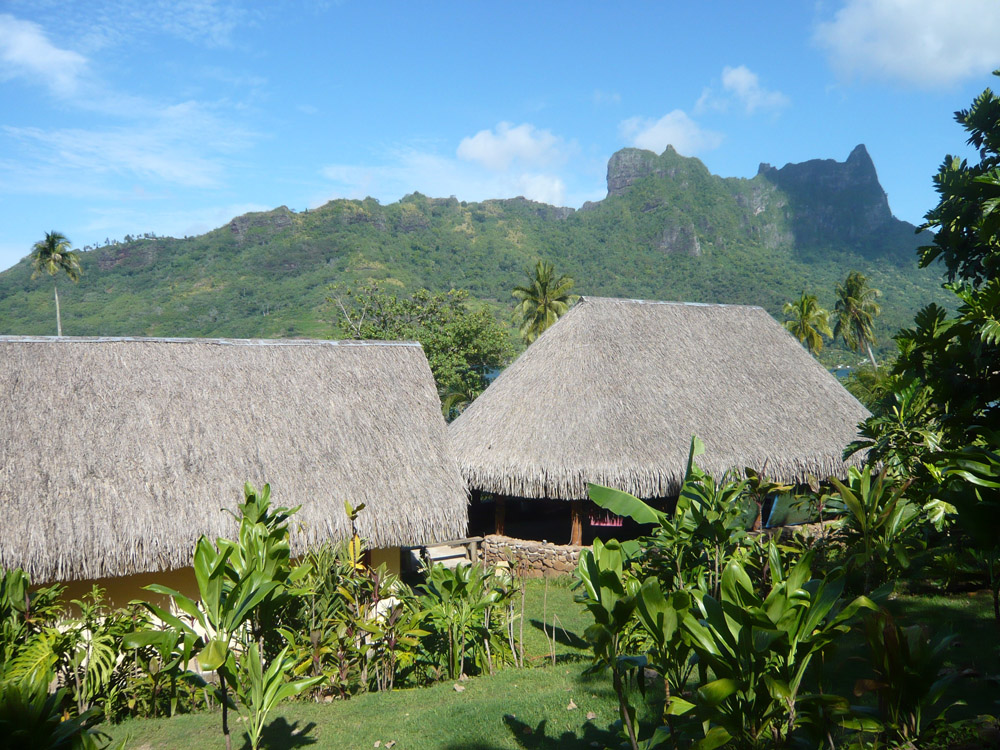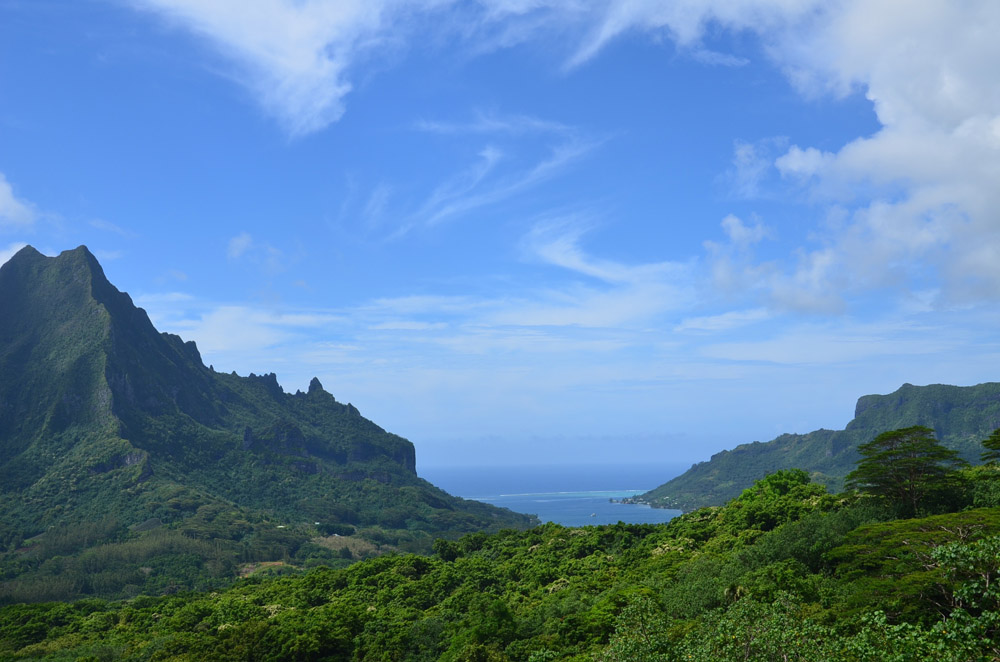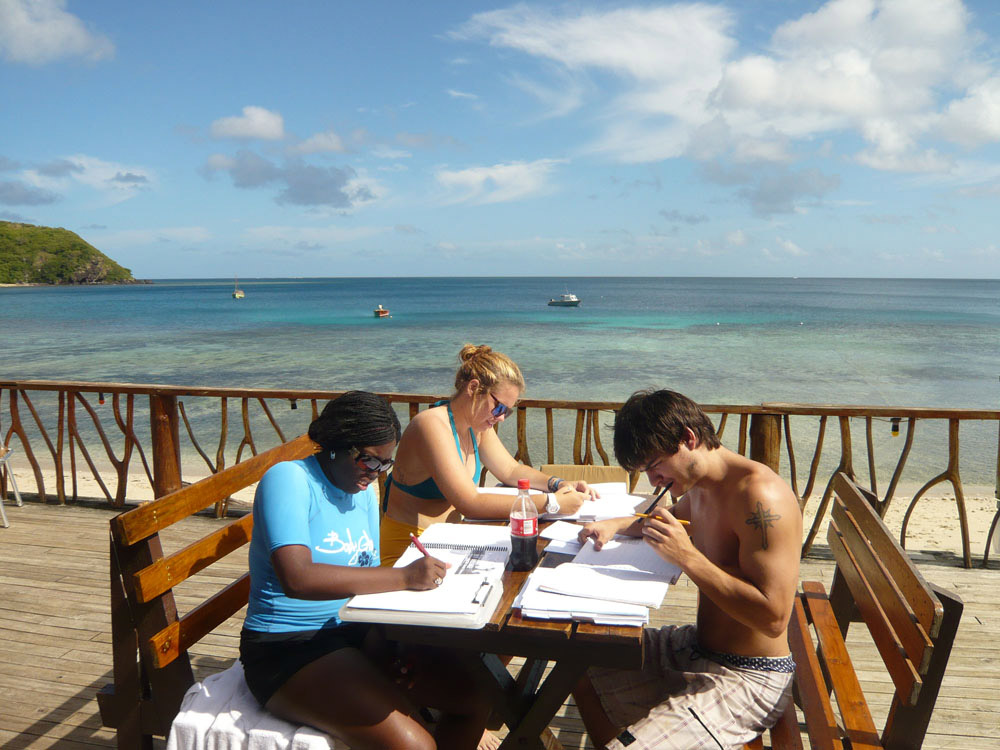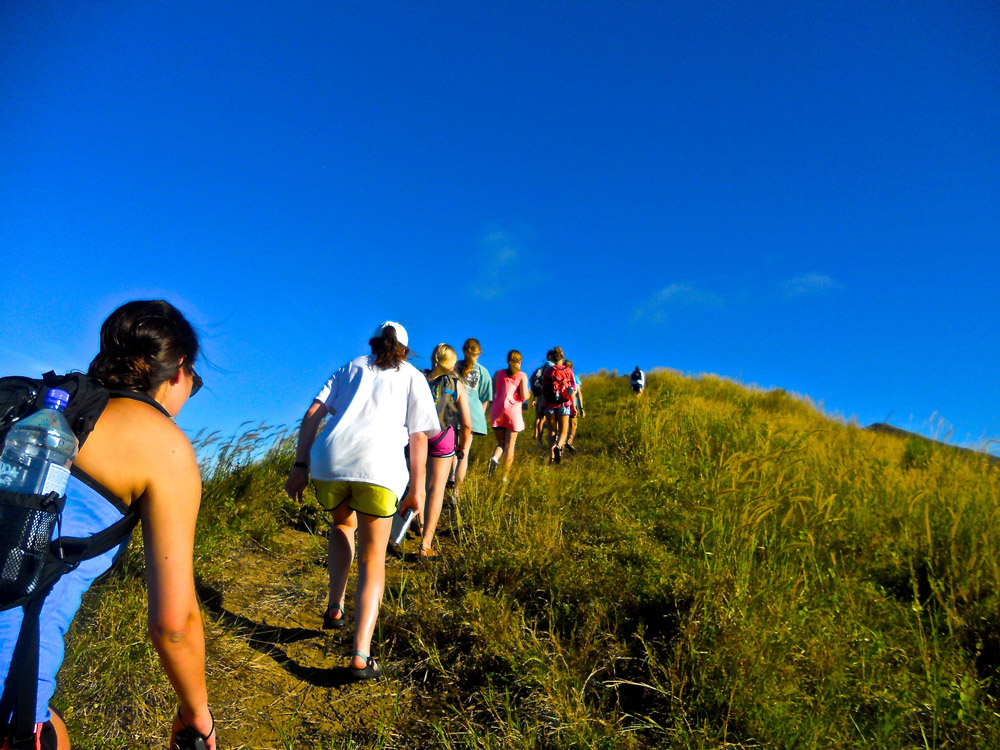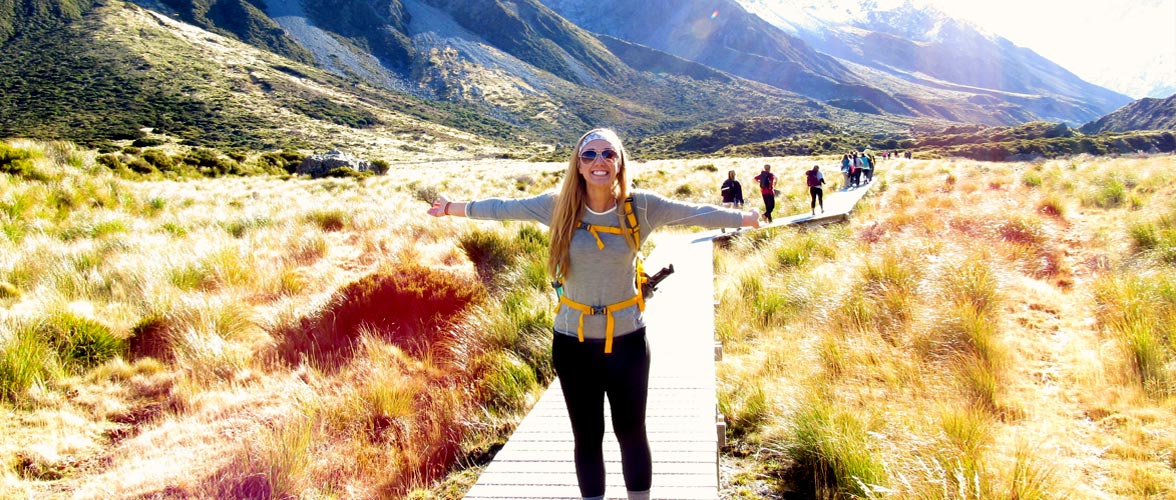
Spring Semester Australia, Fiji, Hawaii, and New Zealand, $8395 (12 – 16 credits)
January 20 – April 1, 2025
Program Overview

Avoid Winter in the U.S. and enjoy the South Pacific summer in Australia, Fiji, Hawaii, and New Zealand. Our Semester program is an integrated mega course in People, Planet and Profit (Sustaining Humans and the Environment) that provides credits in anthropology, ecology, geography, international affairs, and/or natural resources (with an optional course in physical education). We apply an experiential education approach where you are in the field exploring what you have learned in the classroom through the cases of the Big Island of Hawaii, the South Island of New Zealand, the Fijian islands, and Sydney and Queensland in Australia. By participating in this program you can also save money by not paying rent for the Spring Semester and having a longer summer to work/study until Fall Semester begins. Click here to watch a three minute video of the Australia and New Zealand portions of the program.
Hawaii
We begin in Hawaii, one of the world’s must-see places and the most remote island chain on Earth that is long synonymous with exoticism and paradise; and discover the reason for this beauty and remoteness and the source of the lush diversity and colorful beaches… active volcanoes. This part of the program explores the spirituality, biogeography, culture, and geology of Hawaii with particular emphasis on sustainable development and anthropology. The program will begin in either Hilo or Kona for introductory classes and field trips, before traveling to Hawaii Volcanoes National Park (subject to the activities of the volcano!) to hike the crater and watch night-time coastal lava flow – one of the very few places in the world to see such a spectacle. We then travel along the coast to understand formation of the black, green, and golden beaches scattered throughout the big island (including Hapuna Beach, considered one of the world’s best beaches), snorkel Kealakekua Bay (site of Captain Cook’s demise), and visit Pu’uhonua o Honaunau National Historical Park (the historic and cultural place of refuge for Hawaiians). On our return to Hilo (or Kona) we visit Mauna Kea (the world’s largest mountain at close to 30,000 feet from sea level), arriving at the crater summit to view a sunset from a spectacular vista, and spend the evening star gazing from arguably one of the best places on the planet. Throughout the program we will explore the sustainability of alternative energy sources including wind, ocean thermal, and wave action, in addition to understanding the global context of volcanism and coastal geology (e.g., as triggers for tsunamis and effects on global sea level rise).

New Zealand: South Island
From Hawaii we travel to the adventure capital of the Southern Hemisphere, Queenstown, on the South Island of New Zealand. This part of the program focuses on environmental issues ands explores in-depth the Kiwi image of 100% Pure, Clean, and Green. New Zealand is renowned for mountains that rise 14,000 feet out of the sea, the largest fiords in the world, rainforests, kiwi birds, massive glaciers carving their way to the ocean, active volcanoes, geysers and hot springs, glowworm caves, and vast expanses of South Pacific beaches and reefs. It is also the most recently colonised country in the world, with evidence of the indigenous Maori arriving less than 1000 years ago. Our field program includes swimming with dolphins, hiking and sea kayaking Abel Tasman National Park, hiking the valleys of Mount Cook, a boat cruise in Doubtful Sound, a feast at a Maori hangi, and visiting high country landscapes and settings of the Lord of the Rings . The New Zealand program concludes in Christchurch with a Spring Break during which time students can explore other popular destinations throughout the South Pacific such as the Cook Islands, Tahiti, Samoa, and Western or South Australia. (Typically, students make plans for their Spring Break while in Hawaii or New Zealand.)

Australia
After Spring Break, we meet up again in Sydney, considered one of the world’s best cities to live and play. This part of the program focuses on the human geography and colonisation of Terra Nullius , the great unknown continent. After several days in Sydney we head to Brisbane in the Sunshine State of Queensland, home to the Outback and Aboriginal communities, lush tropical rainforest, golden beaches, and the marine diversity of the stunning Great Barrier Reef. After a few days in the modern, sophisticated city of Brisbane we then head out of town for extended travel on field trips: We fly to, and stay on, an eco-resort on Lady Elliot Island, an isolated cay on the Great Barrier Reef, visit Noosa Biosphere Reserve on the Sunshine Coast, explore the natural and cultural histories of Carnarvon Gorge on the edge of the Outback, and have a farm stay in one of the remote Scenic Rim communities. One of the unique features of the program is the activities we have along the way: cruise the Sydney Harbor and visit the Opera House, snorkel the Great Barrier Reef, experience Aboriginal bush life, encounter kangaroos in the Outback, and hike tropical rainforests, all of which are included in the cost of the program.

Fiji
For the final 8 days of the program we are in Fiji. Fiji is an exotic, tropical and fascinating country with unique cultural traditions and diverse environments (including highland jungle, coastline, islands, reefs, and remote villages) and we explore the various ways in which culture has impacted these environments. The first few days are spent in the multi-cultural city of Nadi with lectures and local field trips in collaboration with the universities of Fiji and the South Pacific. We then travel by boat to the remote offshore islands in the Yasawa chain to learn first-hand about traditional Fijian village small island life, traditions, subsistence and maritime knowledge, and also explore coral reefs and wildlife. During our time in Fiji there will also be opportunities for other activities such as hiking and snorkeling, as well as a homestay in a traditional Fijian village.

Climate
New Zealand has a temperate climate, Queensland a semi-tropical one, and Hawaii and Fiji are tropical. January through April is summer in the Southern Hemisphere, and the best time to visit climatically, with typical daytime temperatures mostly in the 70s and 80s.
The program is open to all students from UGA and from other institutions (all students, including non-UGA and transient students, pay in-state tuition), and no prior knowledge is assumed. For UGA students HOPE and Miller apply.
An initial set of online pre-departure lectures and seminars (to provide background information) are given before we head into the field for our travels with UGA faculty, local instructors and field guides. Average temperature daily highs and lows throughout the program are 65/84F at or near sea level, but can be considerably colder at higher elevations. You can expect snow on top of Mauna Kea December – February. There are no prerequisites.
Program Itinerary
Click on the link below to learn more about the program itinerary
Spring Semester Australia, New Zealand, Fiji, Hawai’i
Credits

The Spring Semester program is a mega course in sustainable development (Sustaining human societies and the natural environment) delivered from an interdisciplinary perspective. There are no prerequisites and the program is open to all majors.
People, Planet and Profit (FANR(ANTH/ECOL/GEOG/INTL 4271/6271)) 6 credits (FANR 4271W is available as a substitute 3-credit course and meets Writing Certificate requirements. Contact Discover Abroad for more information.)
Field Studies in Conservation (FORS 4270/6270) 3 credits
Field Studies in Sustainability (FANR 4273S/6273S) 3 credits
Directed Studies in Natural Resources (FANR 4950) 1 – 3 credits. This course is available with one of the instructors for the Program and is optional. Contact the Discover Abroad office for details on how to register for and complete this optional course.
Physical Education (PEDB 1950E) 1 credit. This course is available through Kinesiology. Contact the Discover Abroad office for details on how to register for and complete this optional course.
* 4271/6271 is cross-listed with ANTH (Anthropology), ECOL (Ecology), FANR (Forestry and Natural Resources), GEOG (Geography), and INTL (International Affairs). (Note: INTL 4271H replaces INTL6271.) FORS is Forestry. PEDB is Physical Education. Please contact your advisor to see which of our cross-listed courses will best fit into your schedule. The 4000 level courses are for undergraduate students and 6000 level courses are for graduates and honors students.
Costs

Program cost includes all accommodations, field excursions, cultural events, ground transportation, and approximately 80% of meals. Tuition (HOPE applies and out-of-state or non-UGA students pay in-state tuition) and airfare are additional. We also strongly recommend purchasing trip cancellation insurance for airline tickets.
Out-of-state students will receive an out-of-state tuition waiver (i.e. tuition for participation will be charged at the in-state level) for study abroad courses.
Download the Estimated Costs for a more detailed breakdown.
Photo Gallery
Testimonials

“Love this program. Make a new one so I can do it again please” (Spring, 2023)
“I felt very inspired by this program. I loved thinking about the world, my place in it, and how to care for it. In the future, I want to do something with my life that matters for the world, and this program has inspired me to do that. I will cherish these memories for the rest of my life. Every professor, TA, and field guide were so inspirational and passionate. I want to emulate that in the future. Thank you!” (Spring, 2023)
“This was the greatest experience of my life. I will never forget the people and experiences we got to share” (Spring, 2023)
“Best study abroad in existence” (Spring, 2023)
“Absolutely love this program! I recommend to everybody” (Spring, 2023)
“I learned how to be more conscious of my actions and to have a new perspective on the environment and to view it as equal to humanity” (Spring, 2023)
“It’s hard to put into words the Discover Abroad experience. This trip allows you to see more of the world than most people may see in a lifetime. I valued getting to meet, work along side, and learn from many local people in a classroom without walls. Many of our lectures were held on a mountain top, a sandy beach or a World Heritage Site for a holistic and hands-on learning experience. There’s no better time to meet new people and travel the world than in college and I cannot recommend Discover Abroad enough.”
Caroline Fitzgerald (Spring, 2020)
“It felt like we were able to do more in each day than most tourists can do in a week, while also learning about the history, ecology, and the politics of each place we visited. That’s what I appreciated the most; physically being in the places we were learning about in the classroom and actively engaging in the topics we discussed. I can’t describe how much this trip meant to me, Discover Abroad really did change my life.”
Patrick Dillon (Spring Semester, 2020)
“On a Discover Abroad program strangers become friends that feel like family, landscapes that you normally only see on. a desktop background become your classroom and learning takes the form of snorkeling, canoeing, and hiking. If you want the opportunity to learn about our planet while experiencing things like stargazing from snow-capped mountains in Hawaii, swimming along a pod of dolphins in New Zealand and so much more, this trip is for you! Thankful for views so beautiful that I didn’t want to blink and adventures so exciting that I didn’t want to sleep!”
Jill Bieniek (Spring Semester, 2020)
“This program is so much greater than anything you can expect. You can research as much as you want about what you’ll be doing and where you’ll be going, but nothing can prepare you for the amount of happiness and joy this program will provide you with every single day.”
Claire Holland Britt (Spring, 2017)
“A great way to get into traveling, to learn more about each country on the way and to get students exposed and interested in sustainability that might not otherwise get the chance to take environmental courses in their regular curriculum.”
Meghan Kaylee Tait (Spring, 2017)
“One of the reasons I love the Discover Abroad program is because it’s travel based. Not only do students get to see and experience a variety of both rural and urban locations, but most people will never have the opportunity to experience living a transient lifestyle, even for a short period of time. Not being tied to a particular place really allows you to reach deep inside and see who you are without relation to your geographic location. However, it will also allow you to see just how much of your identity is constructed because of how you grew up or where you live, and it allows you to challenge your sense of self in a positive way.”
Natalie Baddour (Spring, 2019)
“This program was an incredible adventure through which I was able to learn so much about diverse cultures very different than ours. It exceeded all my expectations and gave me an unforgettable learning experience.”
Natalie Piparo (Spring, 2019)
“Choosing Discover Abroad was the best decision I have ever made, and I know that I will remember this trip for the rest of my life.”
Emma Sophie Dryden (Spring, 2019)
“This was a phenomenal program and I loved every minute of it. I will carry the knowledge and experiences with me for the rest of my life. It challenged me and brought me out of my comfort zone and opened me up to a whole new world. I am so thankful I had this opportunity to learn and explore the world around me. I loved being able to travel and see the different parts of all the countries we went to, instead of staying in one place. It was valuable academic material but even more valuable are the life lessons we learned about ourselves and our world along the way.”
Caroline Grace Hurst (Spring, 2018)

